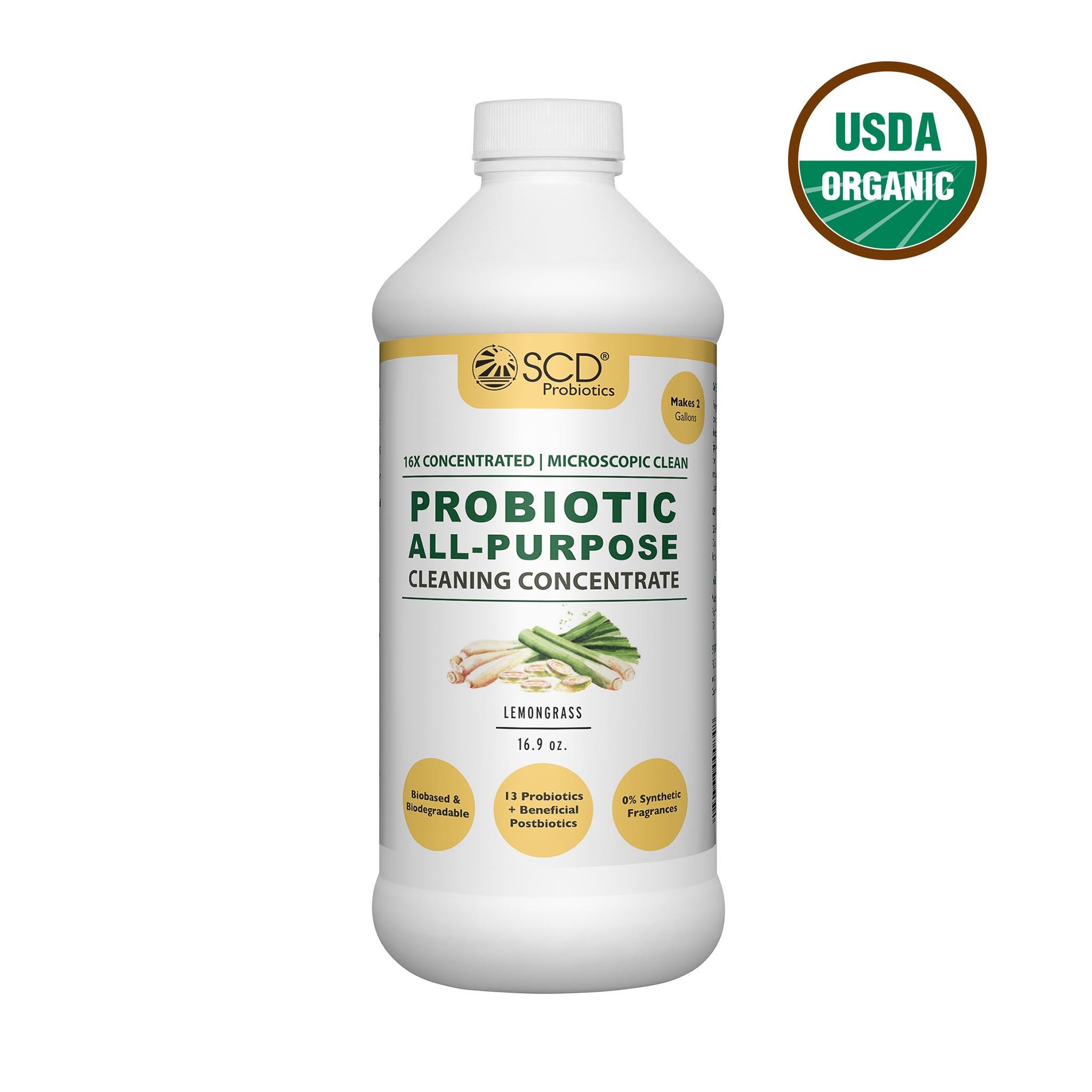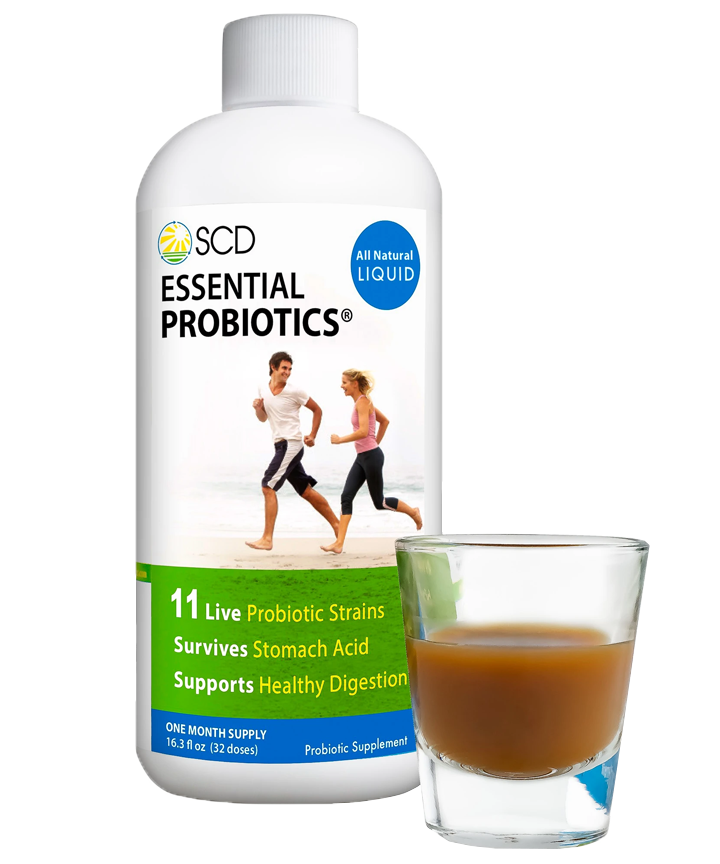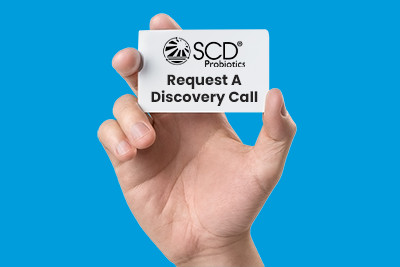Image link: https://unsplash.com/photos/Orz90t6o0e4
Source: Unsplash
How Probiotics in Your Diet Can Impact Your Mood
It is common for people to treat the mind and body as two separate entities. However, the mind-body connection is very important as it significantly improves the overall wellbeing of a person. This is why certain professionals are trained in understanding and improving this connection. Prof Nanette Mutrie of the University of Edinburgh’s Institute for Sport, Physical Education and Health Sciences, outlines how the brain releases endorphins when we exercise, as well as dopamine and serotonin. She notes that: “very often, these same chemicals form part of antidepressant drugs”. This is why the mind-body connection has also become a prominent field of study for the biological aspects of human behavior. As a result, the biological aspects of human behavior is considered a key part of higher education research across top universities. Maryville University’s psychology degree highlights how biological psychology is one of the core courses for modern psychologists. And the studies undertaken at universities by biological psychologists have allowed dietitians to better understand how nutrition plays a role in both physical and mental health. One of the major findings has been the effect probiotics have on a person’s mood.
Probiotics are a combination of good live bacteria and/or yeasts that are most popularly known to improve your digestive system. However, these can also positively impact your mood in a few ways:
Boosts cognitive function
Cognitive function refers to mental abilities such as learning, reasoning, and remembering. But aside from simply boosting these abilities, a study in The Journals of Gerontology also concludes that probiotics promote mental flexibility and can help prevent mental decline. This includes enhancing the cognition of those with Alzheimer’s disease and mild cognitive impairment. The study suggests that this might be due to probiotics improving the interaction between the central nervous system and gut microbiota.
Lower stress and anxiety
Stress can cause anxiety by disrupting the balance of the intestinal microbiota. A study on Science Direct mentions that probiotics, and in effect some gut bacteria, can lower levels of cortisol -- which is a primary stress hormone. It can also balance the intestinal microbiota through its immunomodulatory effects, which essentially helps improve your immune system. This creates T-regulatory cells to limit chronic inflammatory diseases, and cytokines to regulate immunity and inflammation. These can activate immune pathways throughout your body, helping lower stress levels and improve mood.
Reduce symptoms of depression
In relation to the previous point, depression can also arise from the disturbance of the balance of intestinal microbiota. Probiotics reduce inflammation-related processes such as oxidative and nitrosative stress, and damage to mitochondria that can contribute to depression. Other conditions that can cause depression, such as irritable bowel syndrome and other gastrointestinal problems, can also be relieved by the intake of probiotics.
Improves overall sense of well-being
Probiotics help you keep a healthy balance in your body. Aside from helping your body digest food, they also help enhance your immune system and reduce the risk of certain diseases, such as acute respiratory tract infections and acute infectious diarrhea. Along with these benefits, probiotics can also affect the mind through the gut-brain axis, which essentially links your central nervous system to your gastrointestinal tract. Communication along the axis also involves neural, endocrine, and immune pathways. These pathways are usually found to be altered in the cases of mental problems, such as depression and anxiety. Overall, intake of probiotics can help keep your gut healthy and improve these pathways, which will improve your overall sense of well-being.
Creates postbiotics
Probiotics are still living organisms, they need to eat in order to live. When they eat and ferment foods, they produce more beneficial compounds called postbiotics. Our post What Are Postbiotics and What Are Their Benefits? explains how the benefits of postbiotics depend on the type of probiotic it came from. Just a few benefits of postbiotics are supporting metabolism, helping insulin work more effectively, and reducing the effects of chronic illnesses like Crohn’s disease.
There are many probiotic-rich foods aside from yogurt, such as kimchi, miso, pickles, and buttermilk. It should be noted, however, that the area of research on probiotics and its effect on the gut-brain axis is still in an extremely early stage. While there have been studies to determine how exactly probiotics affect the gut-brain axis, further research is still needed.
Exclusively written for SCDProbiotics.com
By: Riya Jessa









